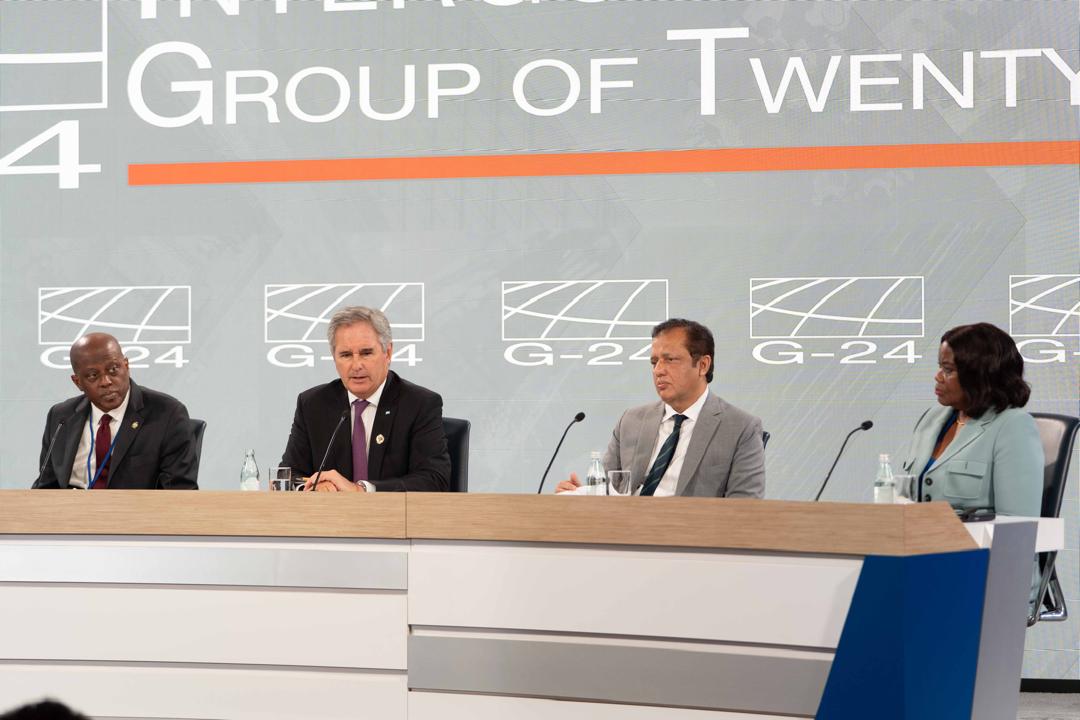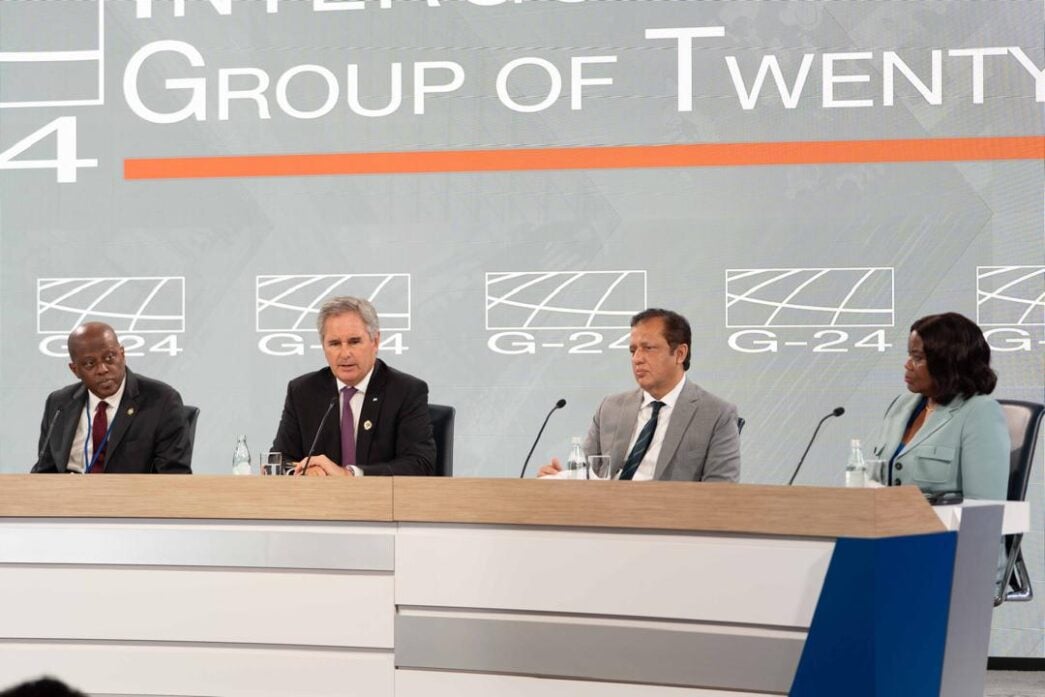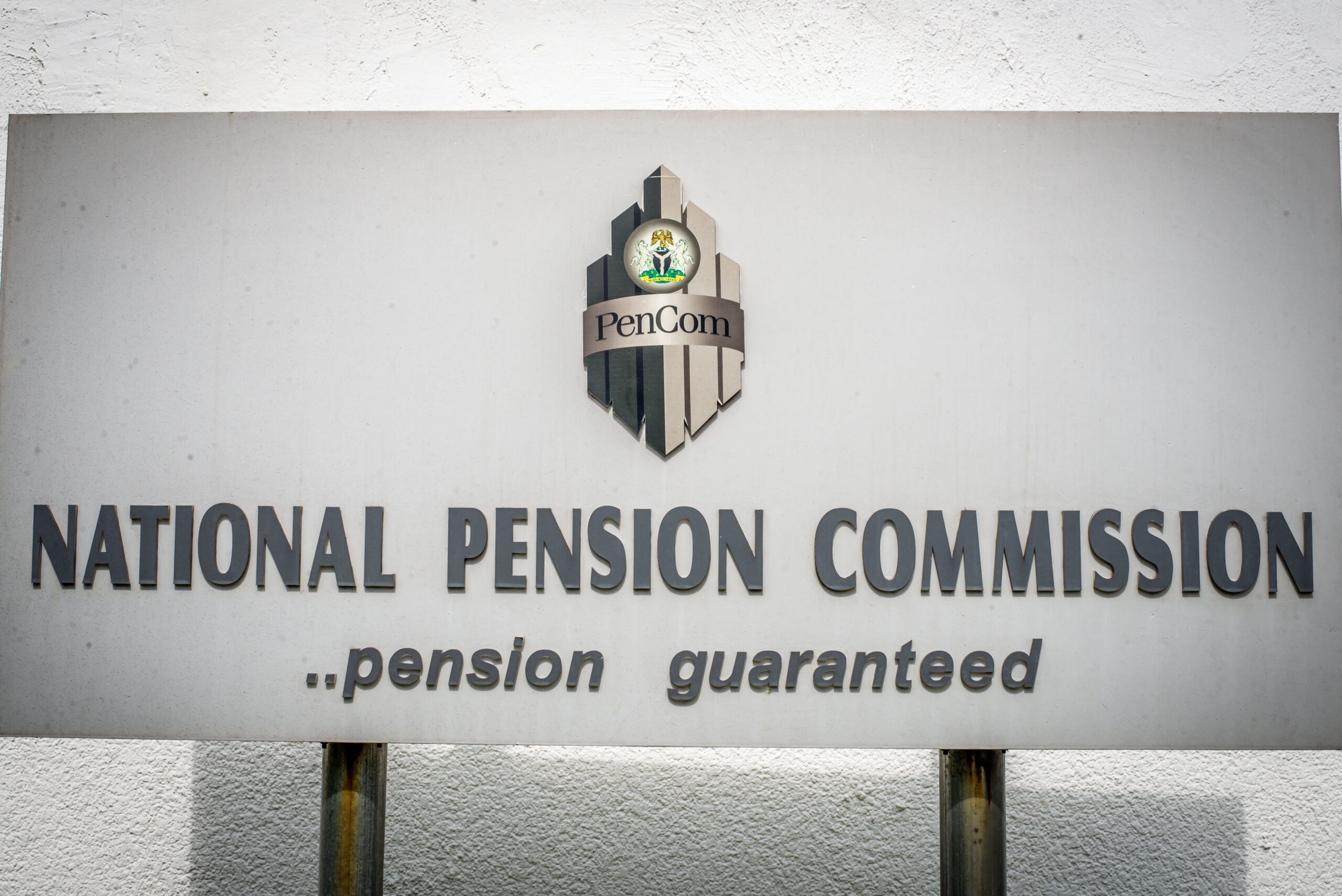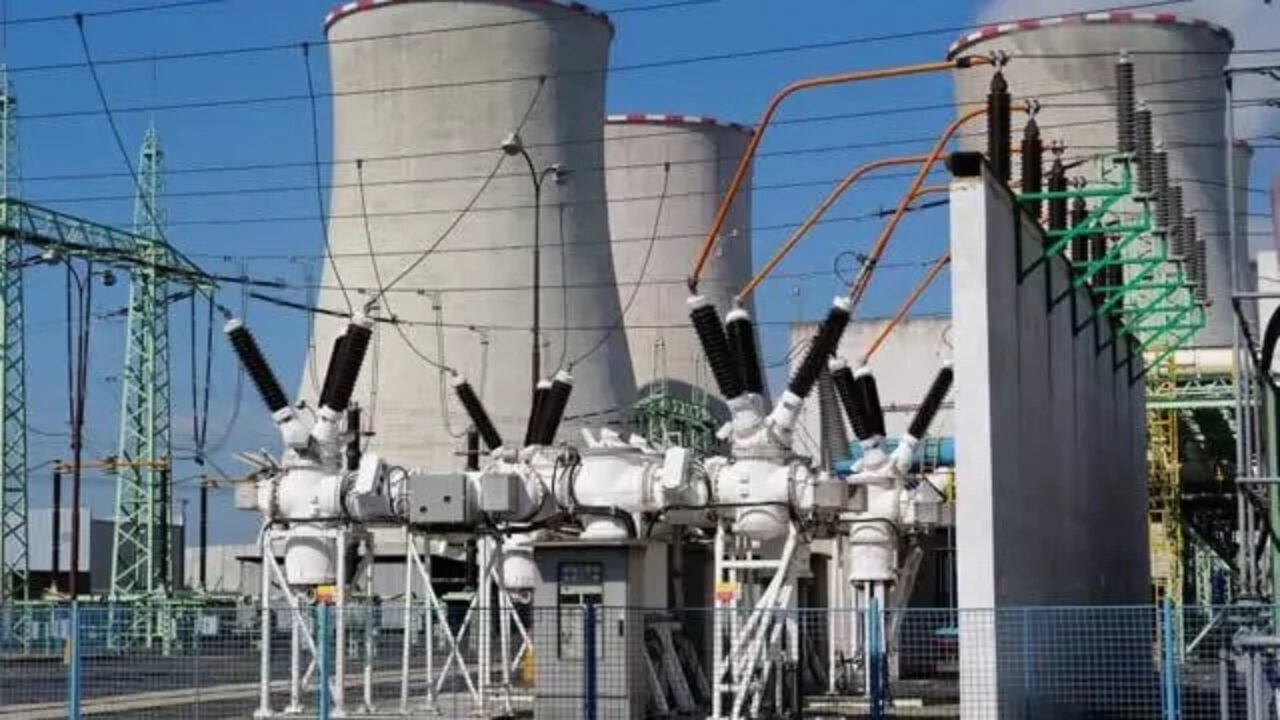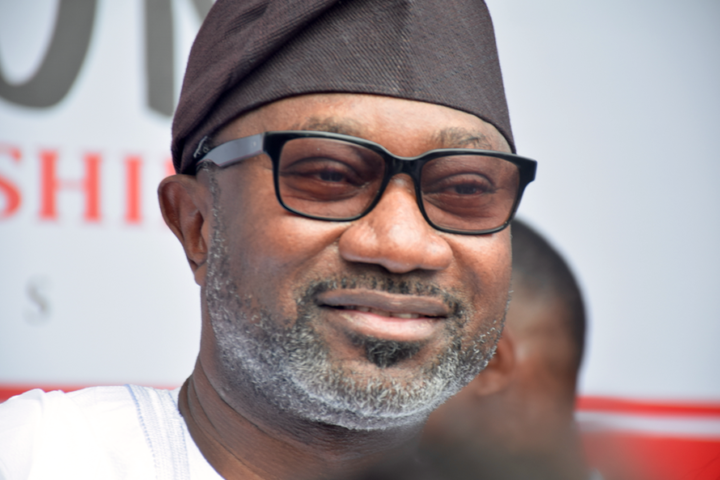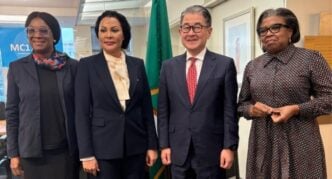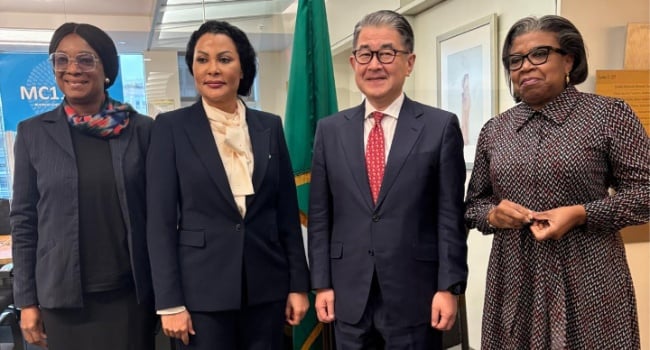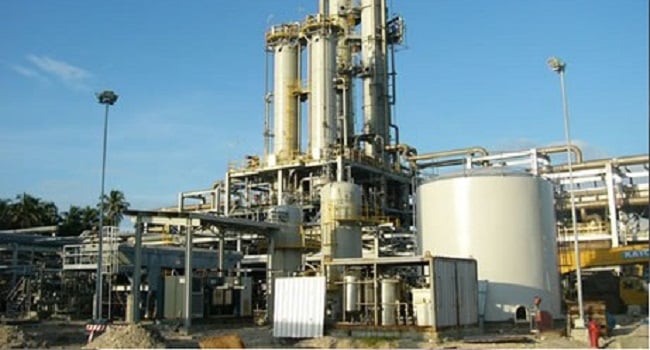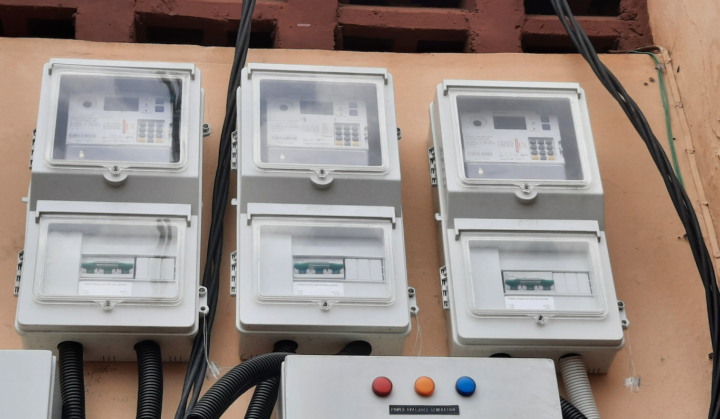From L-R: Olayemi Cardoso, the governor of the Central Bank of Nigeria (CBN); Pablo Quirno, the G24 chair and secretary of finance at the ministry of economy, Argentina; Muhammed Ali Malik, executive director, State Bank of Pakistan; and Iyabo Masha, director of the G-24 secretariat, at the ongoing IMF/World Bank annual meetings in Washington, D.C, United States

Olayemi Cardoso, the governor of the Central Bank of Nigeria (CBN), says Nigeria implemented reforms early to build resilience and establish buffers against potential shocks.
Cardoso spoke on Tuesday during the Group-24 (G-24) press briefing at the ongoing annual meetings of the International Monetary Fund (IMF)/World Bank in Washington, DC, United States.
When the Bola Tinubu administration took government in May 2023, it implemented several reforms, most notably the removal of the petrol subsidy and the deregulation of the naira..
Advertisement
On May 29, Tinubu said the petrol subsidy regime was over — marking an uptick in the price of the product.
The Tinubu-led administration also floated the nation’s currency.
Currency float is an exchange rate system where the value of the local currency is determined by market forces.
Advertisement
Commenting on the impact of global trade and international relations, the CBN governor said due to such reforms, from Nigeria’s perspective, the effects of global ties and trade are “less of a problem for us” from Nigeria’s perspective.
“And I think we were very fortunate, because a lot of the things that were needed to have been done, we did them much earlier,” he said.
“And as a result of that, we were able to create resilience and buffers against potential shocks. So and of course, in terms of anchoring expectations, we found that those who followed the Nigerian economy were fairly comfortable.”
Cardoso said crude oil was the only commodity that was exposed to global shocks, but “the impact of that was relatively modest”.
Advertisement
“Now we have a more competitive currency. We have a more competitive currency with the results that for once, we have a situation where we have a positive balance of trade, we have a trade surplus, and we expect it to be 6 percent to GDP or thereabouts, and remain with that for some time,” he added.
The CBN governor said the economy is undergoing a complete restructuring, promoting competitive currencies, encouraging domestic production, and discouraging imports.
Speaking on setting national currency, Cardoso added that the country has had to “experiment with that and to be frank, it didn’t work out very well for us. That’s not to say that we are not interested in doing this”.
The apex bank chief added that the Nigerian economy is at an elementary stage where the naira is more competitive to be able to ensure ‘that it’s a win win for everybody”.
Advertisement
